
What are the penalties for AI misuse?
Embracing Artificial Intelligence (AI) whether for personal or professional use has clear advantages – and Google agrees. While it’s a common misconception that Google automatically
Has your digital marketing strategy been failing to meet its targets? Maybe it’s time to reconsider which digital marketing channels you’ve been using and why. Regardless of whether you’ve always stuck to just one digital marketing channel or you’ve created a new business and want to discover the best way to reach your customers online, we can help.
However, before we dive straight into how you can choose the best digital marketing channel for your business, we explore some of the basics to support your understanding of how digital marketing works. From examples of digital marketing channels and why they’re important to the five main digital marketing channels most commonly used by businesses, we can help you to reap the rewards of reaching out to your customers digitally.
Put simply, a digital marketing channel is any platform that can be utilised by a business to advertise their services/products/brand to an online audience. Digital marketing channels include everything from SEO (Search Engine Optimisation) and PPC (Pay-Per-Click) to the more traditional channels of email marketing and mobile marketing.
As mentioned above, both SEO and email marketing are great examples of digital marketing channels, but they work in very different ways. SEO, for example, is the process of improving the visibility of your website by making technical changes and adding quality content. When executed correctly by SEO specialists, the result is often a significant increase in organic traffic, clicks and even conversions.
Email marketing, on the other hand, while working in a similar way only targets customers who already have a vested interest in your business. This is because customers will provide you with their email address either upon signing up to receive updates or after placing an order. As a result, targeted email marketing campaigns filled with offers, news and latest products can generate a substantial increase in sales.
Digital marketing channels are one of the most important tools for any business – regardless of whether they only operate online or have brick-and-mortar stores – because they can help businesses in a number of different ways. This includes boosting sales, improving brand awareness and increasing the amount of organic traffic a website receives.
No matter which digital marketing channel(s) your business decides to utilise, there are many advantages to choosing digital methods instead of traditional marketing channels. By way of illustrating, some of these benefits include the global reach, affordable cost and the fact that many of these campaigns can be targeted and automated.
Furthermore, the sheer number of digital marketing channels allows businesses to implement multiple marketing strategies at once, creating a comprehensive omnichannel approach. This can help companies to reach audiences across multiple platforms and through an array of devices, instantly increasing the size of their audience.
Regardless of whether a customer is shopping on their mobile or using their laptop to browse social media, this multichannel approach helps to capture a greater audience. Any data collected regarding the behaviour and demographics of this vast audience can then be used to target specific groups with certain products/services that they show interest in.
While there are many different avenues of digital marketing that a business could explore, there are five key channels that are typically utilised by businesses. This includes email marketing, mobile marketing, social media marketing, content marketing and paid search. Below, we explore each one of these five main digital marketing channels in more detail.
Like traditional postal mail, email marketing involves the distribution of promotions, essential information and company news to a business’ audience. However, unlike traditional postal mail, email marketing can be delivered to a substantial global audience for a great price almost instantly (depending on the size of the campaign – some emails can take days to be sent to their entire audience).
This direct form of marketing is dependent upon securing enough email addresses and is therefore often reliant on the number of people that sign-up and complete customer registration forms. Tempting your website’s traffic with fantastic deals and savings is typically the most reliable way to collect email addresses from an audience that already has a vested interest in your products and/or services.
Commonly used by mobile phone network providers and an array of service-based businesses, mobile marketing refers to any advertising activity that promotes products/services via a mobile, tablet or related handheld device. This multichannel digital marketing technique includes both SMS (Short Message Service) marketing and mobile applications.
According to Marketing Dive, mobile adverts are 30 times more effective than internet ads. With far more people now using their phone to work, shop and even order their dinner, PC-based internet advertisements are not getting anywhere near the same traffic and engagement.
The content in content marketing can take various forms including blogs, videos and images. This content is then published and strategically shared online to promote the business’ brand, products or services. It can be used to stimulate excitement surrounding a new product or service or simply build brand awareness and showcase the personality of your business.
Data from Statista supports the effectiveness of content marketing as it found 30% of marketers worldwide received their highest ROI (Return on Investment) from content marketing. Content marketing also provides brilliant content for social media, highlights your website to Google (because Google loves unique, high-quality content) and gives your customers a taste of your brand personality.
With the emergence of social media, businesses have taken advantage of these popular global platforms and used them to connect with their customers on a more personal level. Typically, many businesses use social media not only as another platform to share their content, but as an opportunity to showcase their personality and respond to their customers almost instantly.
As a result, businesses that communicate with their customers via social media can often enjoy greater customer satisfaction, higher engagement and improved brand loyalty and authority. By using social media, customers are also more likely to recognise your brand and therefore trust the quality of your products/services.
Paid search (also known as PPC) refers to the process of paying for your search position, thereby increasing the likelihood of online shoppers finding and using your website. By using Google Ads search campaign, you’ll be charged a small amount of money every time a potential customer clicks on your advertisement. These listings are highlighted with the word ‘Ad’ and appear at the top of the search results.
Now you know what’s involved in PPC and how it works, exactly how effective is paid search? According to Statista, paid search is a marketer’s dream, with 20% of marketer’s worldwide stating that it generated their highest ROI. Simple yet incredibly effective, PPC is ideal for driving traffic towards your website, promoting your products and increasing your sales.
Unfortunately, there’s no ultimate digital marketing channel formula that spells success for every business. Instead, companies will often reap the best rewards online by doing their research and using this data to choose the most effective digital marketing channels for their specific needs. This ensures that the chosen digital marketing channels suit the age, size and shape of the business.
How to choose the right digital marketing channel
The process of choosing the right digital marketing strategy will be dictated by a number of factors including your specific marketing goals, budget, resources, competition and even the demographics of your target audience. Below, we explore several of these factors and how they can be applied to help businesses choose the perfect combination of digital marketing channels.
As digital marketing and its various channels can be used to accomplish a variety of different marketing goals, it’s important to outline your aims and objectives from the start. Once you have set goals, you can refer back to them ask yourself whether utilising a certain marketing channel will help you to achieve these key goals.
For example, you may have marketing goal to digitally build brand awareness. In this case, social media marketing and content marketing are more likely to help you achieve this aim than paid search or email marketing. Paid search and SEO, on the other hand, are both useful avenues to explore if you want to increase traffic and generate new leads.
Regardless of which business goal you want to pursue, holding this target in your mind can help you to determine which digital marketing channels are right for you.
Market research is essential for every business – especially when it comes to choosing which digital platforms you use to reach out to your target audience. This research will provide you with everything you could want to know about your target demographic. From which social media sites and websites they use to their interests and type of content they engage with the most, all of this information is crucial when it comes to getting to know and understand your audience.
As any business knows no matter their size, sticking to a budget is always important. This is because your marketing budget will typically dictate which digital marketing channels are feasible options for your business. While you cannot expect to see amazing results on a low budget, utilising more affordable digital marketing channels can allow you to earmark a greater proportion of the marketing budget for more expensive channels.
Budget-friendly campaigns are often the best place to start for small businesses trying to stay within their designated budget. Depending on your resources, a more affordable alternative to paid search might be content marketing, email marketing and social media marketing. Once the business can afford to designate more funds to marketing, you can begin to invest more time and money in your digital marketing activities.
Researching your competitors is essential for understanding where your business fits into the market and how you can improve on their weaknesses. By analysing both the strengths and weaknesses of your competitors, you’ll be able to recognise key areas that you could add to your marketing strategy. Which digital marketing channels do they use the most? How successful have they been?
Not to mention, competitor research can also help you to determine what your target audience demographic looks like, helping you to understand your audience on another level. There are plenty of competitor research tools that you can use to support with this research including the likes of Semrush, Spyfu and Ahrefs.
For support choosing the right digital marketing channel for your business, please don’t hesitate to get in touch with the team at Aqueous Digital. With decades of invaluable experience in both SEO and digital marketing, our SEO specialists and professional marketers have helped countless companies reach their online marketing targets and greater business goals.
At Aqueous Digital, we specialise in paid and organic search, website content and reputation management. To discuss your digital marketing requirements with a member of our talented and knowledgeable Manchester team, please feel free to give us a call. Offering both a free website health check and a no-obligation consultation, we help to point your business in the right direction.
To find out more about how we can help or to get answers to any SEO enquiries you might have, please don’t hesitate to call us on 0800 285 1424 or send your enquiry via email to agency@aqueous-digital.co.uk. To receive a call back at more convenient time, you can also fill out our online contact form with your basic contact details and topic of discussion.
No matter how you choose to get in touch, we look forward to hearing from you!
Content is King. What is content marketing?
Creating great content: How to write for SEO
How digital marketing has changed over the years
How video content can elevate your website
Top 20 Facts about Manchester You Never Knew
Aqueous Digital’s Ultimate Guide to the cost of SEO in the UK
Aqueous Digital’s Guide to the Top 501 SEO and Digital Marketing Terms
How video content can elevate your business
How long does SEO take to work?
What are the most important SEO ranking factors?

Embracing Artificial Intelligence (AI) whether for personal or professional use has clear advantages – and Google agrees. While it’s a common misconception that Google automatically
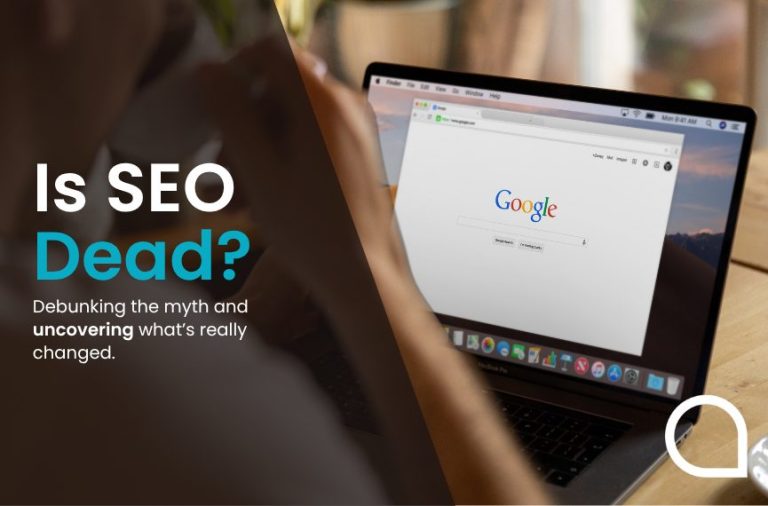
Whether it’s Google’s AI (artificial intelligence) Overviews or AI-powered SEO (search engine optimisation) tools, this emerging and fast-developing technology has fundamentally altered the SEO landscape.
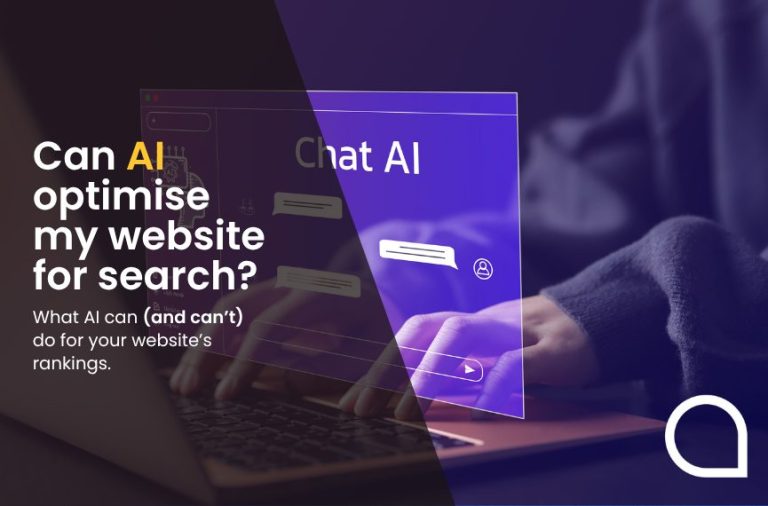
The widespread creation and adoption of AI (artificial intelligence) tools has undoubtedly changed the way that search engine optimisation (SEO) services for websites are performed.
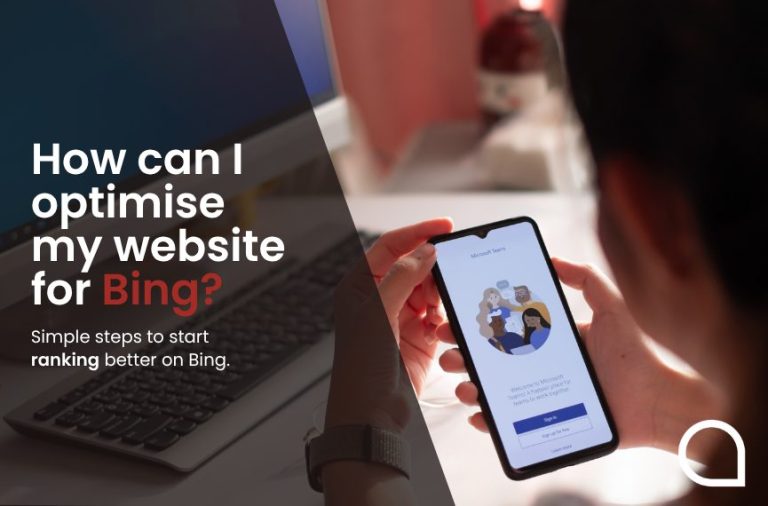
While Google enjoys the biggest share of the search engine market (around 90%, according to StatCounter), the second-largest search engine, Bing, shouldn’t be overlooked. Following Bing’s
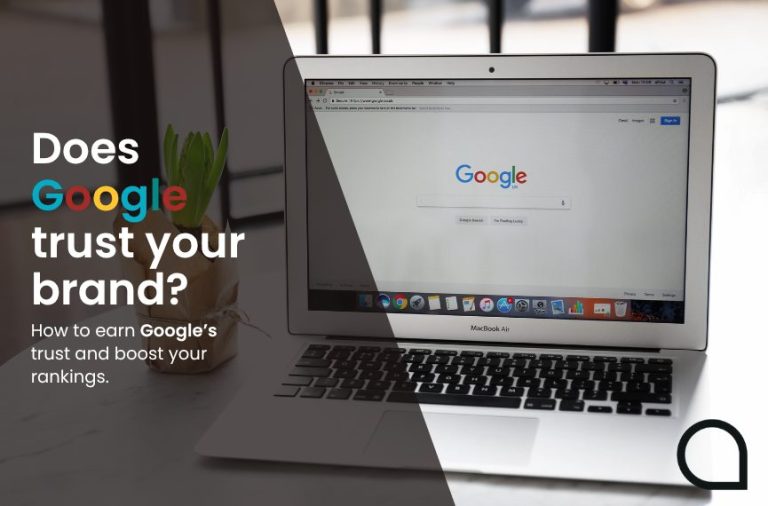
Trust: online searchers are ready to give it, and businesses want to earn it as quickly as possible, but how can you accurately assess the
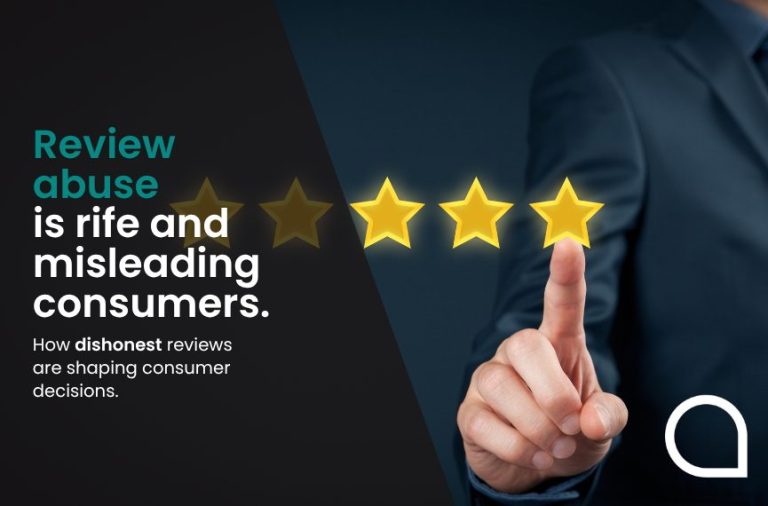
I wrote recently about the ridiculous situation of being asked to leave a review for a parking space, but what I encountered yesterday is, I